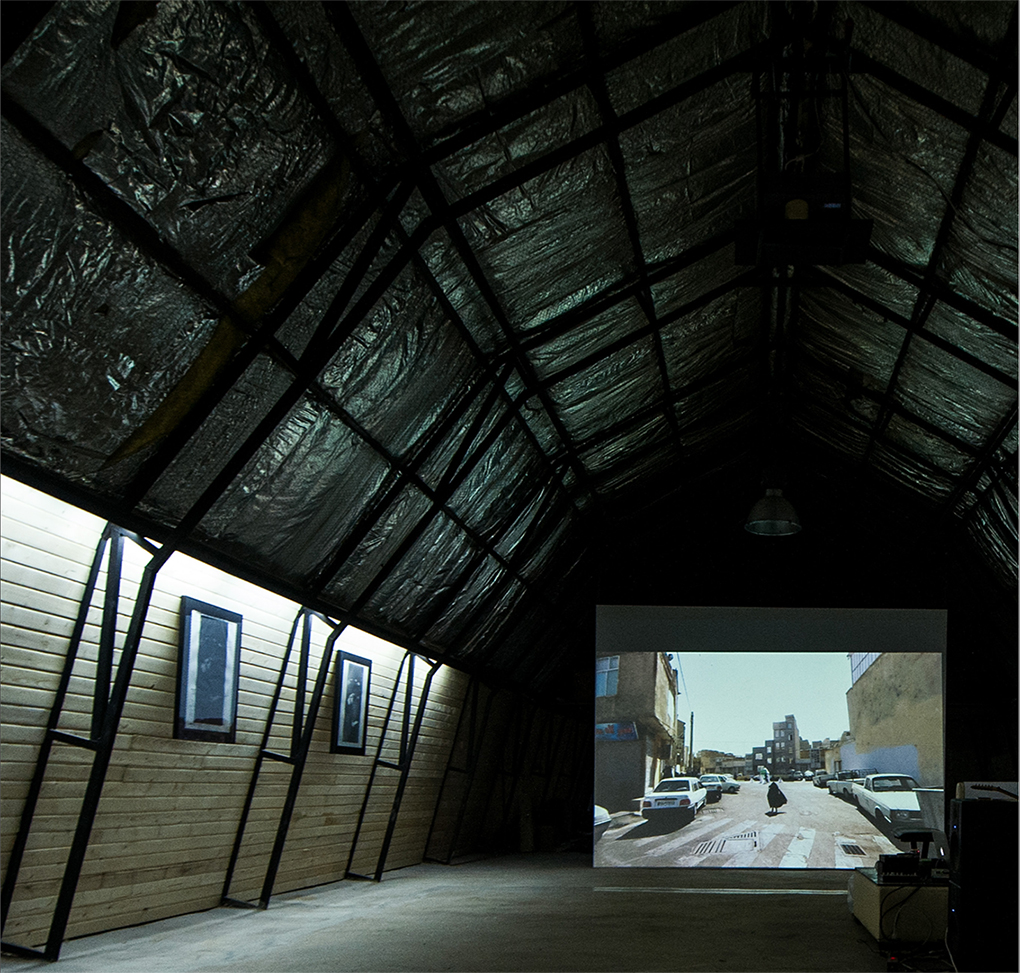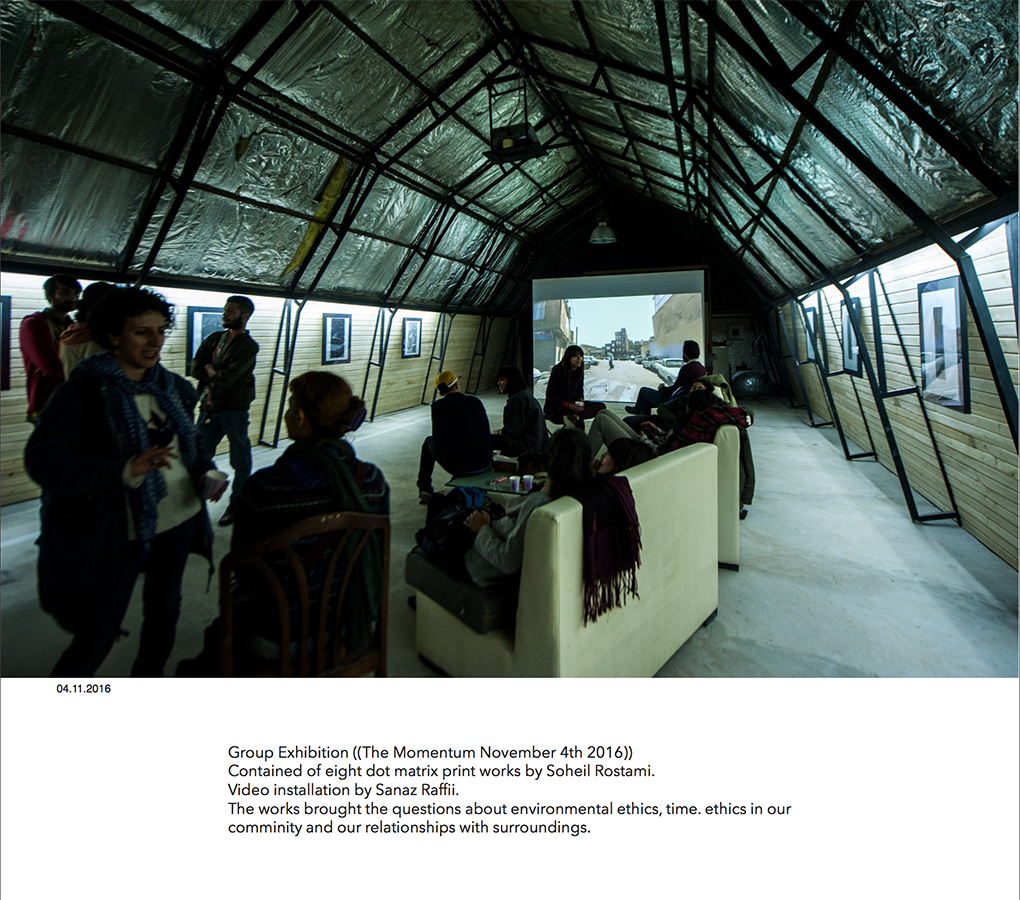
What is human relationship with his/her environment?
What is our duty toward our environment?
“Nature has made all things specifically for the sake of man” Aristotle, in Politics.
"If a man shoots his dog because the animal is no longer capable of service, he does not fail in his duty to the dog... but his act is inhuman and damages in himself that humanity which it is his duty to show towards mankind...for
he who is cruel to animals becomes hard also in his dealing with men.“
Immanuel Kant,
in Lectures on Ethics
“That land is a community is the basic concept of ecology, but that land is to be loved and respected is an extension of ethics.”
Aldo Leopold: A Sand County Almanac, 1949
“The ‘control of nature’ is a phrase conceived in arrogance, born of the Neanderthal age
of biology and the convenience of man”
Rachel Carson, The Silent Spring (1962)
in the following comes topics which is in discussion in Environmental ethics:
(1) the challenge of environmental ethics to the anthropocentrism (i.e., human-centeredness) embedded in traditional western ethical thinking;
(2) the early development of the discipline in the 1960s and 1970s;
(3) the connection of deep ecology, feminist environmental ethics, animism and social ecology to politics;
(4) the attempt to apply traditional ethical theories, including consequentialism, deontology, and virtue ethics, to support contemporary environmental concerns;
(5) the preservation of biodiversity as an ethical goal;
(6) the broader concerns of some thinkers with wilderness, the built environment and the politics of poverty;
(7) the ethics of sustainability and climate change, and
(8) some directions for possible future developments of the discipline.
reference: Stanford Encyclopedia of philosephy

We consider human relationships with the environment a significant issue. One of the most influential Iranian artists for us in addressing this issue is Sohrab Sepehry. His poems offer us a pristine portrayal of the human connection with the environment. Unlike traditional Western ethical perspectives, he does not place humans at the center of the universe.
In his poem titled "Observation Sura" from the book "The Green of Expanse," Sepehry explicitly emphasizes the intrinsic value of non-human elements, stating:
"The stone is not the adornment of the mountains, Nor is metal the decoration of the miner's body."
Similarly, in another poem titled "The Secret of the Red Flower" from the book "Where's the Friend's House," he reflects: "Our task is not to unveil the secret of the red flower,
Perhaps our mission is to immerse ourselves in the secret of the red flower."
Many of his poems echo this sentiment, emphasizing our responsibility to our environment.
-----------------------------------------------------------------------------------------------------------------------------------------------------
The group exhibition "Momentum Nov 4th, 2016" was held at the main Gaah Space (PaayGaah) on November 4th, 2016. Sanaz Rafii showcased a video lasting 1 hour and 40 minutes, while Soheil Rostami presented 8 dot matrix prints.
